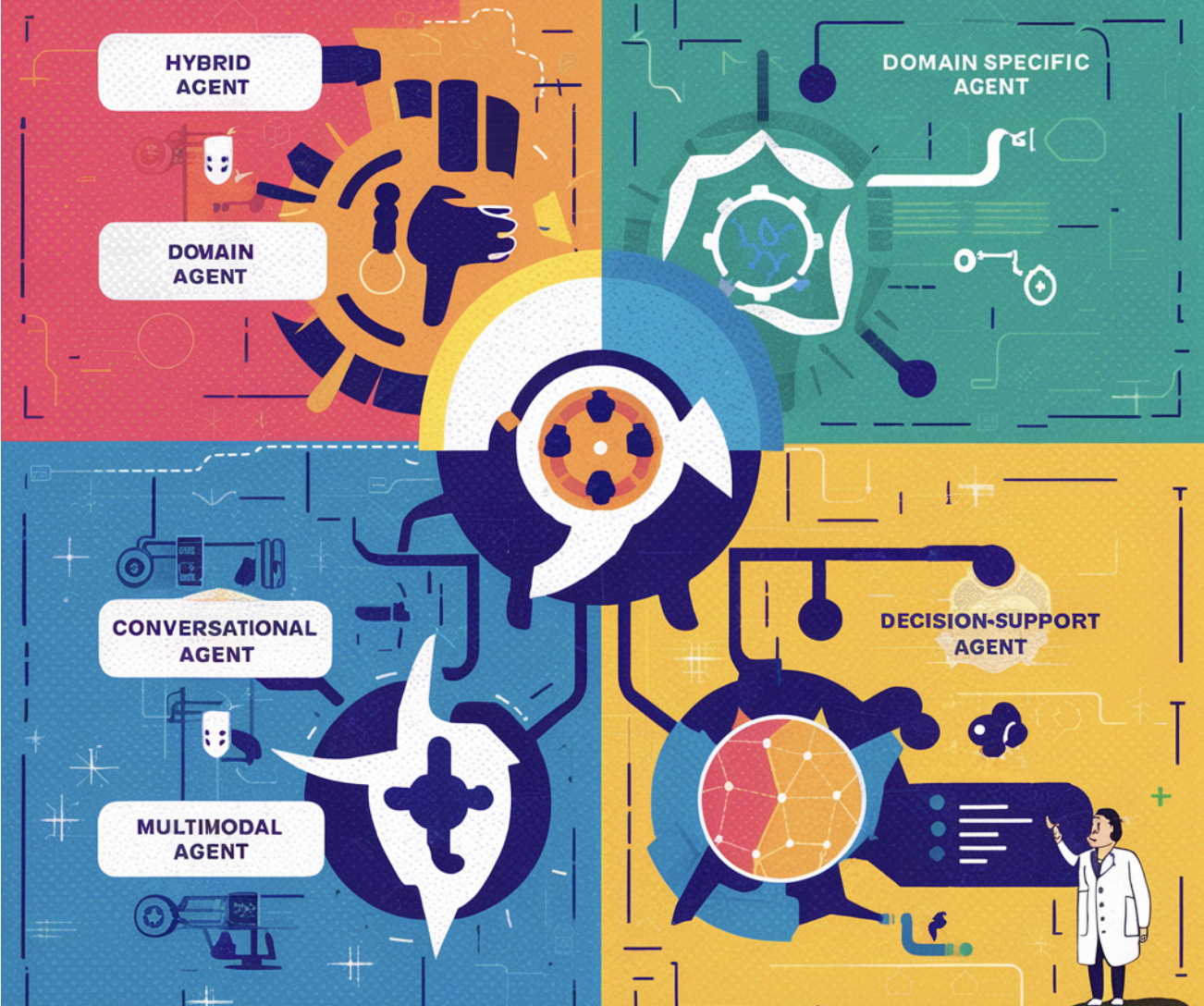
The Practical Value of Effective Design Patterns for LLM Agents in Real-world Applications
Delegation: Enhancing Efficiency through Parallel Processing
Delegation reduces latency and speeds up tasks by running multiple agents in parallel, making it ideal for real-time applications like customer service.
Parallelization: Balancing Cost and Speed
Using cheaper, faster models for simpler tasks allows organizations to reserve sophisticated models for complex queries, striking a balance between cost and performance.
Specialization: Orchestrating Expertise
A generalist agent coordinates specialized agents to provide accurate and contextually relevant responses, valuable in fields like healthcare and legal services.
Debate: Enhancing Decision-Making through Discussion
Engaging multiple agents in discussions allows for comprehensive advice and well-rounded decisions, particularly effective in complex decision-making scenarios.
Tool Suite Experts: Specialization within Large Toolsets
Specializing agents in specific subsets of tools ensures efficient and effective use, especially relevant in technical fields like software development and data analysis.
The Value of Adopting These Design Patterns
These design patterns offer robust strategies for developing efficient and effective LLM agents, enhancing performance, responsiveness, and accuracy in real-world applications.
Organizations can optimize the deployment of AI resources, ensuring scalability, adaptability, and the capability to handle diverse demands.
Evolve Your Company with AI
Discover how AI can redefine your way of work by identifying automation opportunities, defining KPIs, selecting AI solutions, and implementing gradually.
For AI KPI management advice, connect with us at hello@itinai.com. For continuous insights into leveraging AI, stay tuned on our Telegram or Twitter.
Discover how AI can redefine your sales processes and customer engagement. Explore solutions at itinai.com.

























